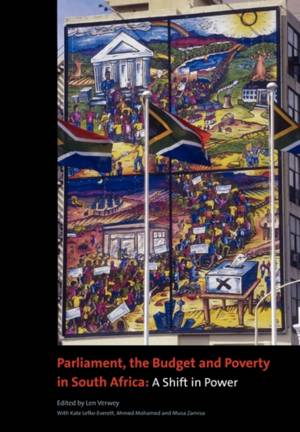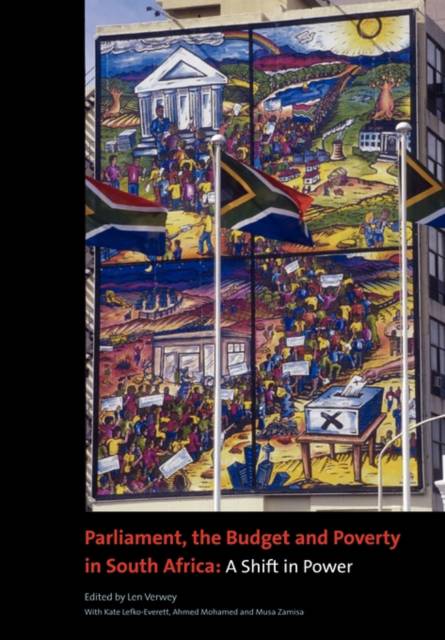
- Afhalen na 1 uur in een winkel met voorraad
- Gratis thuislevering in België vanaf € 30
- Ruim aanbod met 7 miljoen producten
- Afhalen na 1 uur in een winkel met voorraad
- Gratis thuislevering in België vanaf € 30
- Ruim aanbod met 7 miljoen producten
Zoeken
€ 54,95
+ 109 punten
Omschrijving
Effective and transparent government budgeting is vital to any democracy. In South Africa, massive poverty, inequality and unemployment remain, despite the successful political transformation, citizens and Parliament have a particularly important role to play in shaping budget policy and overseeing its implementation. South Africa reached a crossroads in fiscal governance when it passed the Money Bills Amendment Act in 2009, a law which granted Parliament strong powers to amend the budget prepared by the executive. This publication explores the content of the new law as well as the challenges and opportunities arising from it. It also discusses the role of Parliament in ensuring pro-poor budgeting. Good fiscal governance is too important for the wellbeing of South Africans to not be a part of our public conversations.
Specificaties
Betrokkenen
- Auteur(s):
- Uitgeverij:
Inhoud
- Aantal bladzijden:
- 110
- Taal:
- Engels
Eigenschappen
- Productcode (EAN):
- 9781920118914
- Verschijningsdatum:
- 1/09/2009
- Uitvoering:
- Paperback
- Formaat:
- Trade paperback (VS)
- Afmetingen:
- 170 mm x 244 mm
- Gewicht:
- 185 g

Alleen bij Standaard Boekhandel
+ 109 punten op je klantenkaart van Standaard Boekhandel
Beoordelingen
We publiceren alleen reviews die voldoen aan de voorwaarden voor reviews. Bekijk onze voorwaarden voor reviews.











